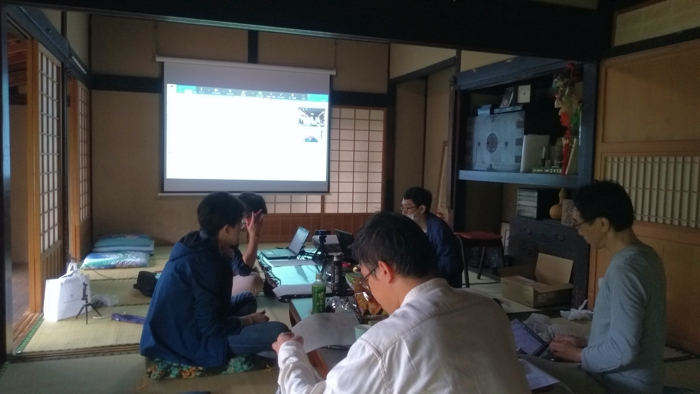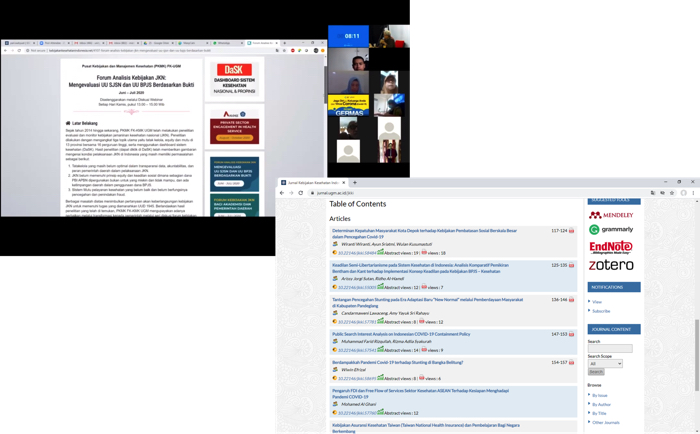- Project Leader : Ayuha Daiki (The University of Tokyo, Graduate School of Arts and Sciences)
Outline of Research
The purpose of this research is to explore the biopolitical governmentality of liberal and democratized Indonesia, through a literature review of Indonesian medical journals and socio-economic survey data. After its democratization, Indonesian biopolitics has seen a gone through a great change. Under the authoritarian Soeharto regime, public health insurance schemes only covered civil servants and private insurance schemes were only available for the upper class. Now the entire population, including informal sector workers who were not previously covered by insurance, are enrolled in the compulsory public health insurance. On such insurance-based Biopolitical governance, medical anthropologists conducted ethnographic research that focuses on micro-level practice of patients and medical suppliers. Researchers from the field of history of science have focused on more macro-level and explored the history of technological and political arrangements of Biopolitics. On the other hand, this research project explores the impact of nation-wide health insurance on medical communities.
Description
The purpose of this project is to identify and describe the trajectory of changes that Indonesia’s healthcare suppliers have undergone during healthcare reforms during the democratization era. Under a mandatory health insurance scheme introduced in 2014, out-patient healthcare services are supplied by public hygiene offices in each district, which had previously been established in 1979 for preventive health initiatives, such as immunizations and reproductive healthcare. Under the mandatory insurance scheme, these public hygiene offices are now in charge of both preventative and curative out-patient health services. Through a literature review of Indonesian medical journals and socio-economic survey data, this project investigates how the Indonesian medical suppliers have reacted to such drastic changes.
The project bridges the gap between governmentality studies and medical anthropology/sociology. Previous studies of social insurance have focused on the macro aspect of biopolitics, such as by viewing insurance as a health financing technology. My research activities thus far have also focused on analyzing the biopolitical governmentality studies of Indonesian health economic specialists. On the other hand, medical anthropologists have focused on micro aspects, such as how patients live and experience illness, and how medical practice is distorted by the introduction of medical insurance. Therefore, this project attempts to bridge the gap between macro governmentality studies and micro medical anthropology/ sociology. This research will analyze how awareness and knowledge have changed among medical providers at the mezzo level in order to better understand the biopolitics of democratized Indonesia.
This research investigates liberal governmentality in a non-western setting, something that is still lacking in governmentality studies. In western countries, the relationship between health finance experts and the medical community is quite distinct, while in Indonesia health finance specialists tend to work closely together with the medical community. Previous studies of social insurance tend to overlook this dynamic relationship between financing expertise and medical expertise in Indonesia. In addition, this research investigates the mainly uncharted area of the medical transformation of democratized Indonesia.
This project is expected to reveal how the Indonesian healthcare system has changed through reformation of the larger social security system since 1999. To date, a fair number of governmentality and medical anthropology studies have examined the relationship between society and insurance technology, and the impact of the financialization of healthcare caused by the introduction of insurance schemes. This research, however, will shed light on the changes in Indonesian medical communities.


